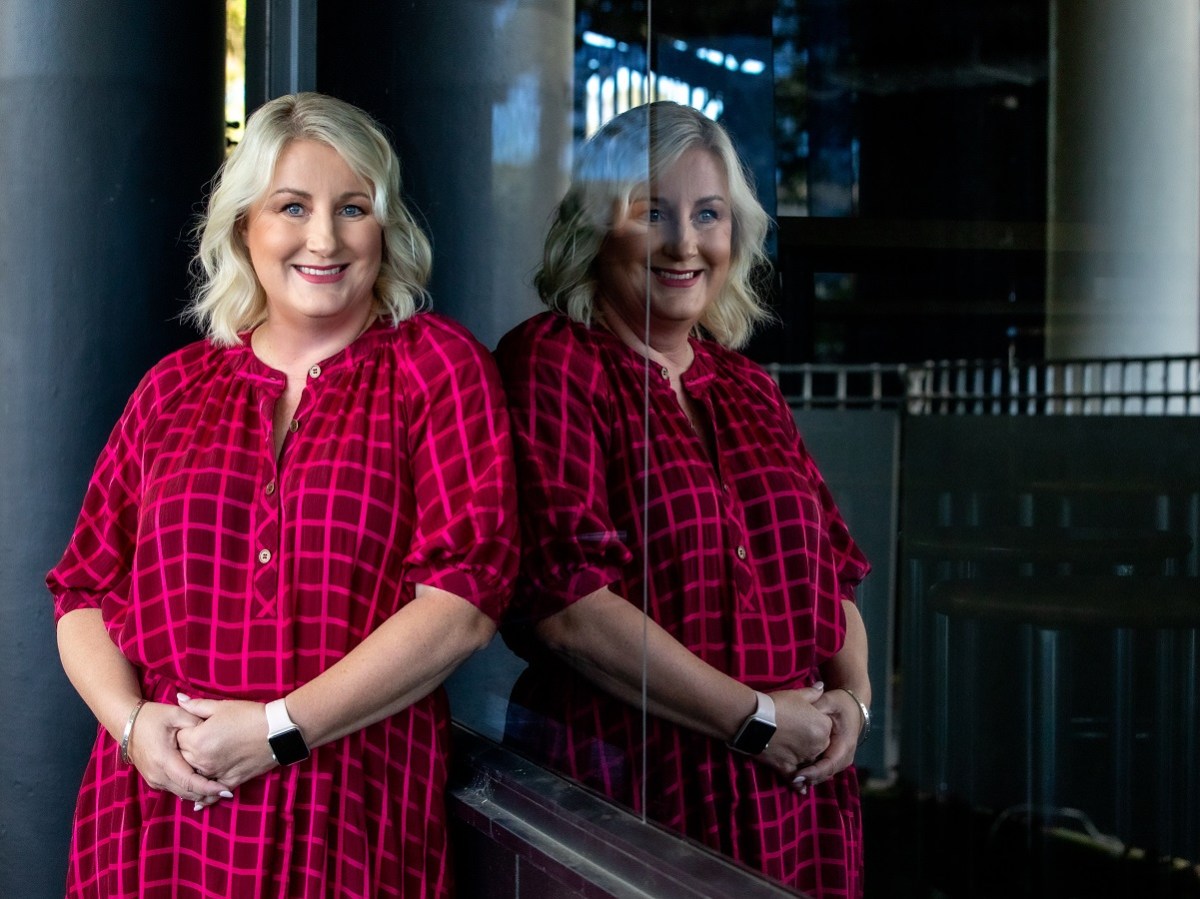The voluntary administration of Godfreys didn’t come as a surprise to New Zealand based customer experience consultancy, RX Group.
According to founder and managing director, Juanita Neville-Te Rito (pictured), there were a number of indicators that the Godfreys model was shaky for a while, partly due to the history and role of private equity/ownership.
“Godfreys was sold to private equity in 2004 for a decent amount of coin. However, if we recall that period and the expectation of PI, it was to list, retain the profits and then sell for a ridiculous multiplier,” she told Appliance Retailer.
“However, the GFC complicated that, and PI had to hold on until there was a better period to achieve their aspirations with little to no investment over the GFC. It was a period of demanding short-term results but wanting long-term gains.
“At listing in 2014, to ‘win’ against competition, Godfreys needed ongoing investment in people, systems, assets and understanding and meeting customer demand. This would have been unpalatable to PI and simply never happened as the cost would have impacted reporting results, so sales suffered. It was a period of senior management churn.
“Hence the business was taken private in 2018 as a fire sale to someone who already loved the business (John Johnston) is how we go to where we are today. As someone who observes retail, it is a legacy business model that has failed to evolve. It has tried downsizing and moving footprint, expanding brands and different sales engagement approaches, high low pricing and then felt the impacts of Covid.
“To recover a business so far behind in a climate of supply chain issues, rising costs, talent and employee shortage is tough, but with less than a compelling consumer proposition, it was a sitter.”
Resisting change
A combination of legacy thinking, not wanting to destroy the original ‘concept’ and trying to maintain respect for the founders was a recipe for disaster, according to Neville-Te Rito.
“Leaders within the business would have been questioned at every change or investment from all parts of the family. As a leader, this would have made it tough to bring in the right capability and vision. It was hardly a compelling retail concept to join.

Godfreys co-founder and owner, John Johnston, officially opening a new store in Adelaide in 2018 before his passing just months later.
“Even if they found the solution, there may not have been the financial capacity to invest and make change. The changes made to the business over the years were cosmetic and not deeply envisioned.”
There were also consumer and market dynamics which Godfreys hadn’t responded to. “This includes health and wellness concerns, rise in smaller dwellings, growth of high-end competition such as Dyson, an increase in lower ‘effective and efficient’ options from the likes of Kmart and Costco, and the fact that floorcare is often a grudge purchase.”
Transforming into a more attractive investment
Under the guidance of PwC, Godfreys has closed its poorest performing stores. Neville-Te Rito believes the business may receive interest as a pureplay offer or physical network to complement an existing online proposition.
“Someone might want the database and brand for a pureplay offer or the ability to couple a pureplay compatible offer and launch a compact physical network, such as a home shopping network or Kogan for a ‘showroom’ and click & collect network,” she explained.
“Alternatively, a flooring business might see it as an opportunity to have another part of their portfolio that brings customers back more frequently than buying carpet and flooring.”
Is the current business model sustainable?
It would be a tough job to turnaround the Godfreys business in a highly competitive market with the current model, and there’s potentially too much damage to be repositioned.
“The category has some potential but not with a massive bricks-and-mortar portfolio and current product mix/pricing approach. An in-depth analysis of the market and potential would be critical.
I would investigate repositioning into the wider cleaning portfolio specialising in B2B equipment with a much smaller network for click & collect or to move completely online,” Neville-Te Rito said.
“There’s an ardent cleaning TikTok following and a generation who hasn’t learned how to clean properly, so there could be something in that too.”
More retail failures on the horizon
Combined with increasing prices due to rising costs, trading is tough, businesses are running lean and retailers desperate to drive footfall are slashing prices and making little money.
“It becomes a cycle of cutting until there is nothing left. However, you have fixed costs and inventory to manage which is where it hurts, especially if you have debt to service,” Neville-Te Rito said.
“Many appliance purchases are often a ‘need’ not a ‘want’ and in this market, you need stock availability for immediate delivery, or the customer will walk. The cycle to manage your way out of poor trading gets harder.
“For a number of businesses, the impact of Covid was simple not ‘tough’ enough for those already under-performing. They made it through with subsidies and government support and perhaps didn’t make decisions they needed to earlier. Now they are in a position where the options are limited.
“Any retailer that has stood still or is standing still is going backwards. Retail is constantly moving and requires investment to evolve with the customer and market.”

